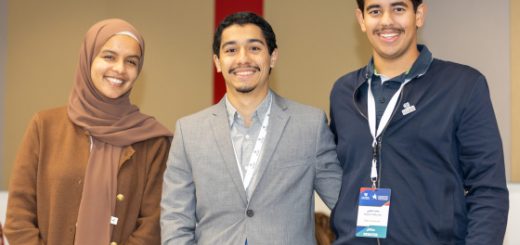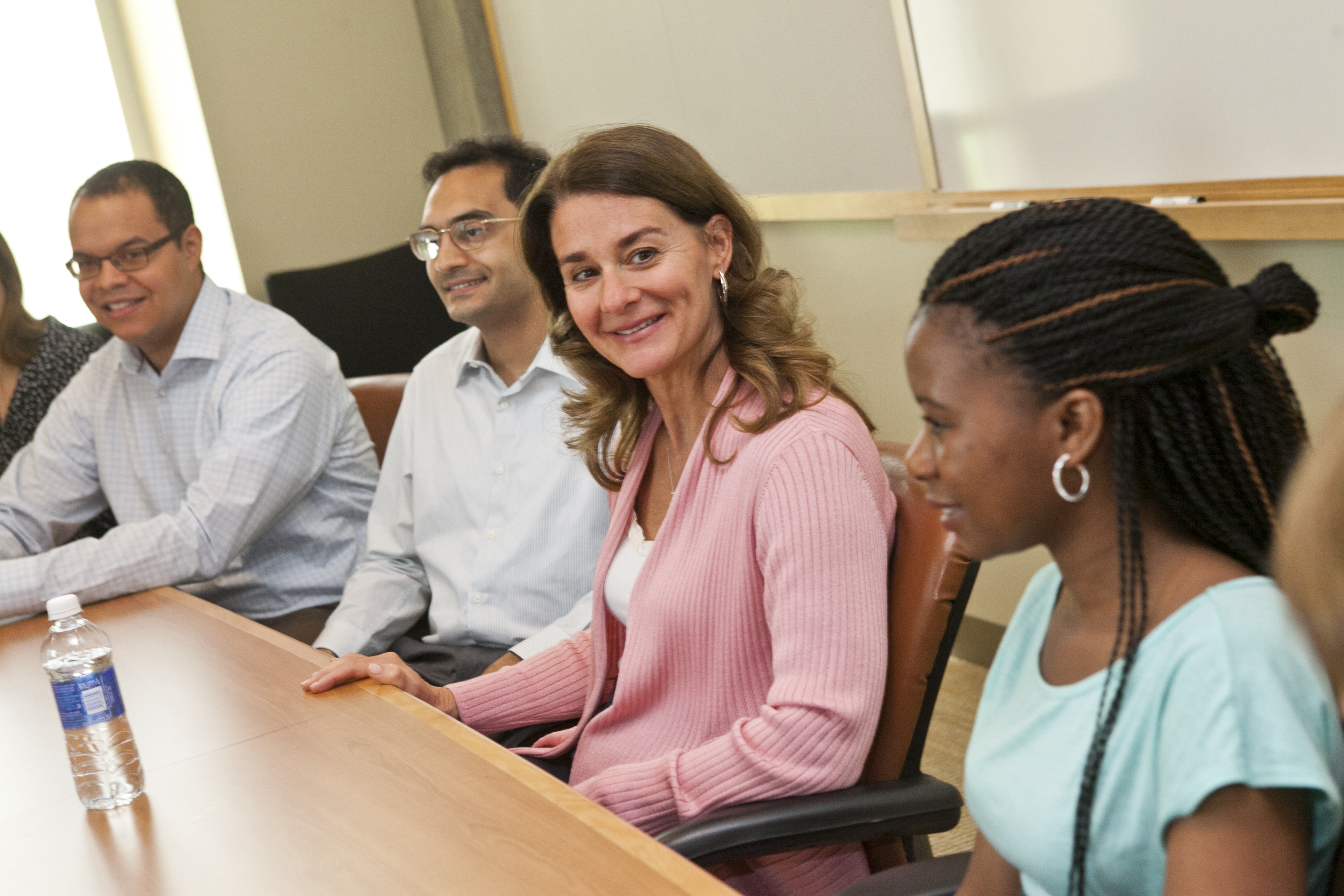More on Polaris
(Updated to include more articles and context.)
By the way, lest you think that only blog commenters are interested in the region of the Polaris nominees, look at the coverage in the National Post and the The Toronto Star, both based in Toronto, and both of which highlight the Montreal-centered list. Meanwhile, the StarPhoenix in Saskatoon simultaneously highlights the regionalism while trying to discount it.
That said, as this commentary from the CBC and this one from Toronto’s EyeWeekly shows, there are other criticisms too, starting with the uniformity of genre. And that’s true. Basically, this year is all indie rockers (although Julie Doiron is pretty folky), which comes in stark contrast to last year’s list, which included some hip-hop (K’naan and Cadence Weapon), some folk (Sarah Harmer), some mildly electronica-ish rock (Metric), and the challenging, arty, and terrific Final Fantasy (the final winner). (Last year’s list was also more geographically balanced and included Francophone act Malajube, which is often heralded as the first Francophone band to break out into Anglophone Canada.)
It’s probably worth pointing out that given the way Polaris works (a larger jury of music critics submit a list of five choices each, and then the top ten vote-getters are shortlisted) some of these complaints are merely sour grapes. The band I included in my top five didn’t get selected. This is probably made more so by the fact that the jury discusses while they’re making their top-five lists.
What was that? Did I hear for some suggestions for Canadian music? How kind of you to indulge me! All these links go to pages on CBC Radio 3, where you can hear the music.
- Great Lake Swimmers, whom you’ve just missed playing at Local 509.
- The incomparable Stars, and their lead singer as a solo artist, Amy Millan
- Halifax’s own Joel Plaskett (on the shortlist)
- The Choir Practice
- I’ve already burned Tori a copy of a CD by Quebec punk rockers Les Breastfeeders
- And if Americans know one Canadian indie band besides the shortlisted Arcade Fire (on Chapel Hill label Merge Records), it’s the New Pornographers. They just announced a North American tour, but alas not to the Triangle. Damn.
Special Update Bonus: Music videos: Check out Joel Plaskett’s Fashionable People and Hot Hot Heat’s Middle of Nowhere. Both are a lot of fun.
I promise. This is my last post for the night. [Update: Apparently updates don’t count.]
-jacob




I was struck reading this post how completely true it is that American press coverage of music awards would never discuss the region from which the artists hailed. Maybe the city… but only if it were NYC, LA, Seattle, or the like. Certainly not Durham! Although a certain band known as Véronique Diabolique might be interrogated as to its origins – with good reason. 🙂
Anyway, Jonathan Malloy, a Canadian political science scholar, was recently at Duke as a Fulbright fellow studying the influence of evangelical Christians on American politics as compared to Canadian evangelicals’ influence on Canadian politics. Like Jacob, he explores the media representation of evangelicalism in the political arena. For instance, he states that “the News and Observer often reports on public figures’ religious affiliation for no apparent purpose” and that “American politicians are far more likely to discuss their personal beliefs and make references to God and religion” than their Canadian counterparts.
In contrast, Canadian politicians, even those who are evangelical Christians, generally keep their beliefs private and are not queried by the media or voters as to their religious beliefs. Malloy attributes this difference in part to differences in political systems (of course, as a political scientist, this would be the obvious way of explaining things, although he does also acknowledge that there may be other explanations, as well).
It was interesting, though, as I hadn’t really considered the influence of Christian evangelicalism on the Canadian political process the way I have considered it in the American realm. What was intriguing to me about Malloy’s work was the role that the media plays in covering religion and politics.
I was struck by this tendency of Americans to insist on interrogating the belief systems of their leaders last night while watching the Democratic debates sponsored by CNN/YouTube. One YouTube questioner pointed out that on the American currency, it states “In God We Trust” and then proceeded to ask the candidates their stance on religion and in particular, what role religion played in their personal lives. Another questioner was avowedly “atheist,” and yet because of the rising influence of the Christian right, was also compelled to interrogate the candidates on their practice of and attitudes towards religion. The debate hosts, CNN and YouTube, two media outlets of sorts, selected the questions proffered via YouTube to the candidates, underscoring once again the role of the media in highlighting the interplay of religion and politics in the U.S.